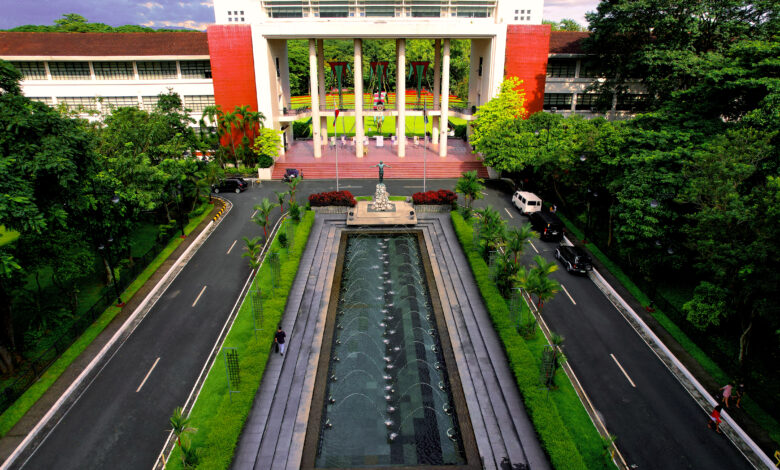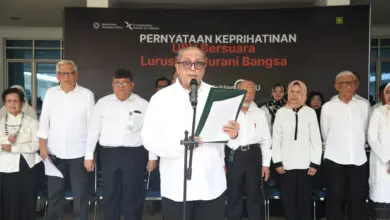UP’s Science-Driven Approach to Address Climate-Resilient Infrastructure Challenges

The University of the Philippines (UP) has launched a series of science-based reforms intended to improve the quality and oversight of its infrastructure in response to public concerns regarding inefficiencies in government-funded projects. This initiative occurs within the broader context of national infrastructure challenges.
UP President Angelo Jimenez has articulated the university’s aim to transform these challenges into opportunities, positioning UP as a model for science-driven governance and sustainable infrastructure development. Dan Peckley, Vice President for Development, has indicated that the implementation of necessary changes is currently underway, emphasizing the need to amend longstanding cultural and operational practices. He acknowledged that achieving significant reform will necessitate patience and ongoing efforts.
Concerns articulated by sectoral representatives on the Board of Regents have drawn attention to recurrent construction defects and delays in projects managed by the Department of Public Works and Highways (DPWH). These issues have emerged in the aftermath of severe rainfall, which caused flooding on the UP Diliman campus and damage to various facilities.
In reaction to these challenges, the UP Resilience Institute, in collaboration with the College of Engineering and the College of Science, is spearheading a strategy aimed at enhancing campus resilience against flooding. Beginning in 2024, the university will implement initiatives like the Decentralized and Adaptive Landscapes for Overflow Yield (Project DALOY). This project involves updating flood-prone zone maps, developing stormwater management systems, and working alongside local agencies to establish long-term resilience guidelines.
UP officials have indicated that these initiatives reinforce the university’s role as a leader in climate-adaptive campus planning.
Oversight of DPWH Projects
A recent budget provision specifies that all state university infrastructure projects exceeding ₱5 million must receive oversight from the DPWH. From 2018 to 2024, the DPWH has managed several UP projects funded by the General Appropriations Act, resulting in both successful completions and projects beset by significant defects, such as the Student Union Building. In light of these issues, UP has conducted technical audits, enforced contractor warranties, and requested the transfer of delayed projects for direct management.
Policy Reforms and Institutional Control
In 2024, UP successfully lobbied for reforms within the DPWH guidelines to enhance its involvement in infrastructure development. Such reforms include shared oversight roles involving technical experts from UP, as well as the implementation of stricter quality assurance measures.
Building Internal Capacity
UP has expanded its Project Management Office, increasing its engineering and architectural staff from 24 to 54, and has also grown the Office of Design and Planning Initiatives from 15 to 32 members. Additionally, the university has introduced a Facilities Management Program designed to train administrative and maintenance staff while developing a comprehensive asset management system. Independent inspections and technical reviews conducted by faculty and alumni engineers are expected to further improve the university’s infrastructure capabilities.
President Jimenez has reiterated the commitment to integrating advanced research and innovation into public infrastructure planning, while advocating for increased investment in science and technology to support climate resilience and sustainable development initiatives.
(Source: University of the Philippines)




